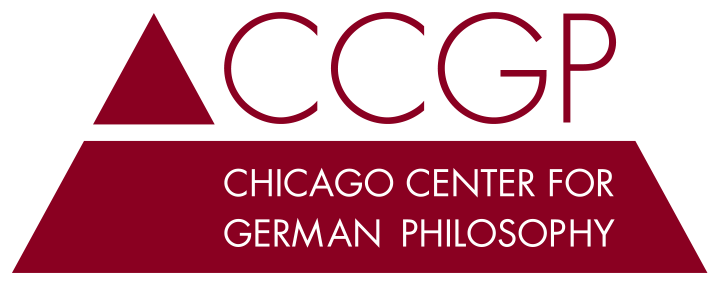
CCGP-Sponsored Seminars in Germany and Austria
Academic Year 2023/24
Kirchberg Sommer School 2024: Wittgenstein’s Investigations
11th Summer School of the Austrian Ludwig Wittgenstein Society, Kirchberg am Wechsel (Austria), August 6-10, 2024
In summer of 2024, the International Ludwig Wittgenstein Institute will host a summer school on the topic of Wittgenstein’s Philosophical Investigations.
The instructors of the seminar will be Profs. James Conant (UChicago), James Conant (UChicago & Leipzig) and Volker Munz (Klagenfurt).
A detailed schedule can be found here: www.alws.at/15th-ludwig-wittgenstein-summerschool/.
Academic Year 2022/23
Klagenfurt Seminar
University of Klagenfurt, Lower Austria, July 27 -29, 2023
The Mini-Seminar will seek to understand how my relation to my own words is wholly different from my relation to those of other people; wherein the asymmetry lies between the use of a range of verbs (such as “believe,” “know,” and “perceive”) in the first-person present indicative form and other uses of the same verbs (e.g., in the second-person or past tense form); and how the logical grammar of these verbs is related to that of expressions of emotion, of mood, and of sensation, including expressions that take the form of avowals. Finally, we will explore why Wittgenstein thinks a philosophical investigation of these three points ought to lead to an expansion and transformation of our entire conception of logic.
Intensive seminar by Cora Diamond (University of Virginia) and James Conant (University of Chicago/University of Leipzig) on Wittgenstein’s Rule-Following Considerations
University of Leipzig, October 12-13, 19-20 & 26-27, 2018
The intensive seminar is dedicated to Wittgenstein’s rule-following considerations. The main text to be discussed in the seminar is Wittgenstein’s Philosophical Investigations, sections 138-242.
The seminar will involve a close reading of Wittgenstein’s text, with an eye to understanding the overall dialectical structure of this entire stretch of sections. It will emerge that a number of the most famous passages within this stretch have been widely misunderstood, precisely because they have usually been interpreted with little attention to their role within this larger context. This includes, for example, the relation of the passages on signposts and reading to the passages which were classically understood as the rule-following considerations proper. Also questions like how the rule-following considerations fit in the larger context of the whole book will be addressed.
Fore more information, please visit the webpage of the seminar.
Kirchberg Summer School 2019: Wittgenstein’s Tractatus
11th Summer School of the Austrian Ludwig Wittgenstein Society, Kirchberg am Wechsel (Austria), July 30-Aug 3, 2019
In summer of 2019, the International Ludwig Wittgenstein Institute will host a summer school on the topic of Wittgenstein’s Tractatus.
The instructors of the seminar will be Profs. Cora Diamond (UVA), James Conant (UChicago & Leipzig) and Martin Gustafsson (Åbo Akademi University).
A detailed schedule can be found here: Schedule Summerschool 2019.
See also the official homepage of the summer school: https://www.alws.at/11th-ludwig-wittgenstein-summer-school/
Academic Year 2017/18
Intensive seminar by Martin Stone (Cardozo Law School) on Kant’s Philosophy of Right
University of Leipzig, July 2–13, 2018
Recent years have seen an awakening of interest in Kant’s political philosophy. This seminar will afford an opportunity to engage in close reading and analysis of the primary text on which Kant’s political philsosophy is based, “The Doctrine of Right,” the first part of his Metaphysics of Morals. Guided by Kant’s principle that systemic unity is the mark of true philosophy, we will work to see if we can make sense of the text in these terms, focusing mainly on three of its major interconnected themes: Kant’s idea of freedom-as-independence, his account of private property (and other acquired) rights, and his account of political authority and its proper mandate. Although our primary focus will be on the text itself, we will consider a few secondary readings which bring out some of the controversies to which these themes have recently given rise. Finally, toward the end of the seminar, we will consider substantial excerpts from two contemporary elaborations of Kant’s ideas in the area of legal theory: Ernest Weinrib’s seminal The Idea of Private Law and Arthur Ripstein’s more recent Private Wrongs.
